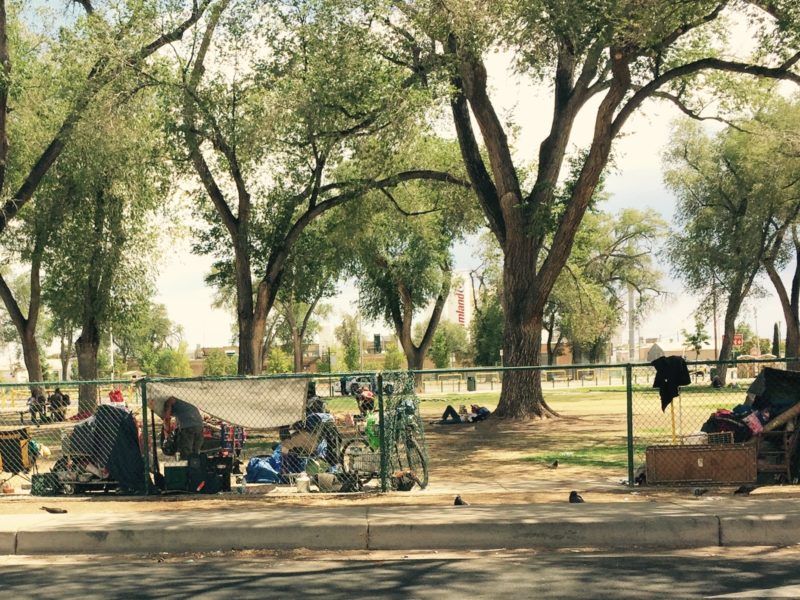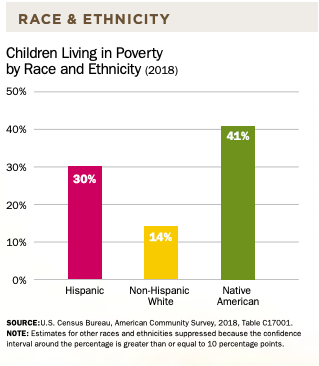Gov. Michelle Lujan Grisham, a Democrat, has vetoed lawmakers’ dark spending bill, casually called the “junior bill”, and they don’t like it.
The vetoed Senate Bill 48 cobbles together spending by individual lawmakers into one long list of projects worth $50 million in total.
The junior bill doesn’t happen every year but when it does, it’s held sacrosanct by lawmakers, who each get part of the pie to divvy up. The junior bill doesn’t disclose which lawmaker makes which appropriation, and lawmakers exempt that information from state transparency laws. The public is simply left in the dark.
Lawmakers put the bill together behind the scenes, not in public. They each get a slice of the money and some guidelines to follow (what those guidelines are, from whom they’re given, and whether lawmakers have total carte blanche is unclear because the process is not public). Senators put their list together, the same goes for representatives, and those two combine to form the junior legislation.














